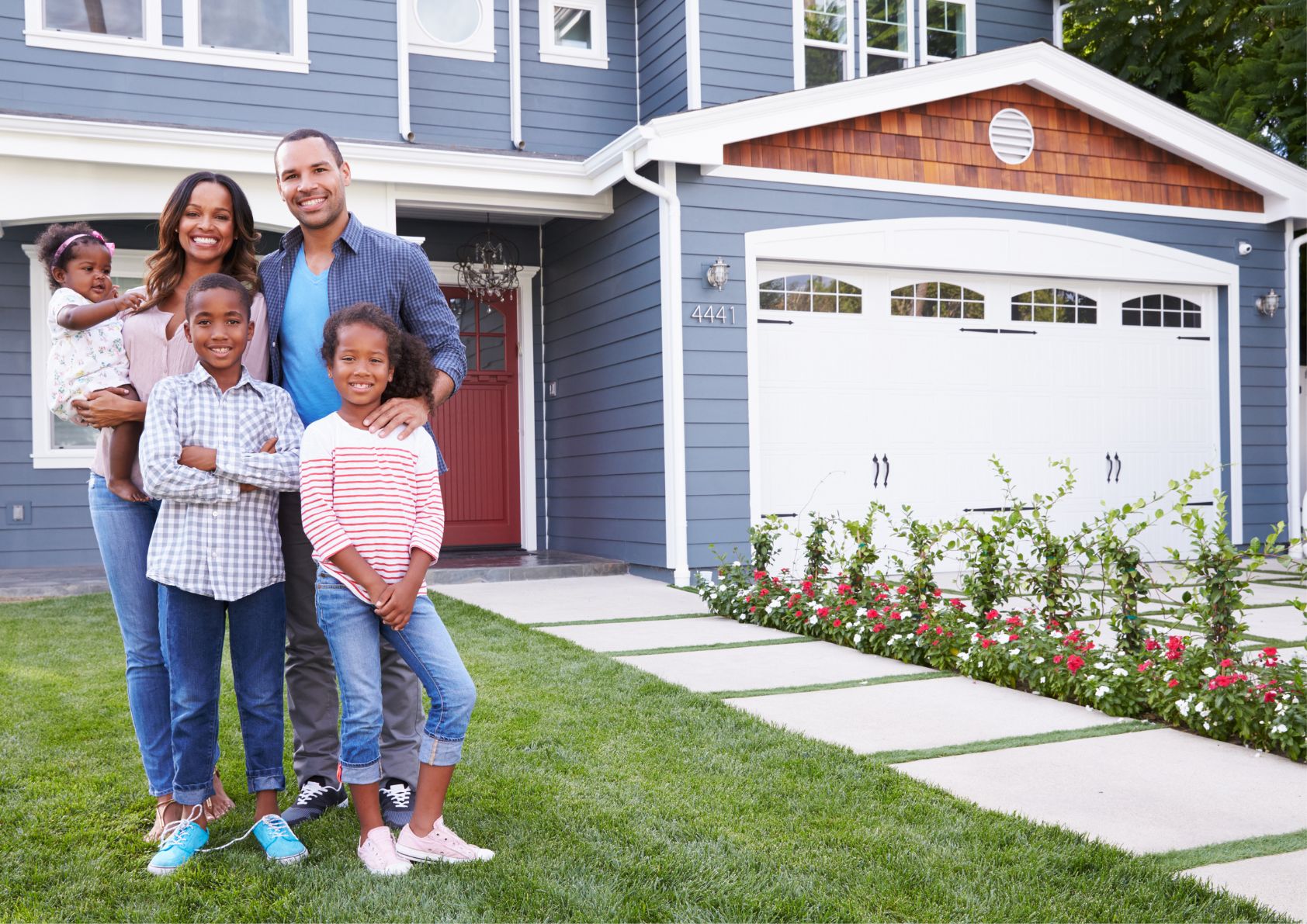Purchasing a fixer-upper is an exciting, yet challenging, venture. The idea of transforming a neglected property into the home of your dreams can be highly rewarding, both emotionally and financially. However, it’s not without its hurdles. If you’re weighing the pros and cons of buying a fixer-upper, this guide will help you understand what to expect before jumping in.
Affordability and Potential Equity
One of the biggest advantages of buying a fixer-upper is the lower upfront cost compared to a move-in-ready home. Properties in need of work typically come with lower price tags, allowing you to invest in a home you might not otherwise afford. The money saved on the purchase can then be allocated toward renovations, allowing you to build equity as you improve the property.

Fixer-uppers also present the chance to increase your home’s value significantly. With strategic upgrades, you can potentially turn a major profit if you decide to sell down the road. Even if you don’t sell, having a higher-value home means building long-term equity, which can benefit you in the future.
Customization and Personalization
Fixer-uppers are like blank canvases waiting for your personal touch. One of the most appealing aspects of buying a home in need of repair is the opportunity to design it exactly the way you want. From selecting your favorite flooring to designing the perfect kitchen layout, you have full control over the creative process.
Unlike buying a home that’s already been renovated according to someone else’s tastes, with a fixer-upper, you’re in charge. This freedom to customize can result in a home that truly reflects your style and meets your unique needs.
Renovation Costs and Time Commitment
While the initial purchase price of a fixer-upper is lower, the costs of renovations can add up quickly. Unexpected issues like plumbing problems or outdated electrical systems can turn into expensive repairs, pushing your budget beyond what you initially planned. If you’re not prepared for these potential costs, you may find yourself facing financial strain during the renovation process.

In addition to financial costs, there’s the time commitment. Renovating a fixer-upper is not a weekend DIY project—it requires significant time and effort, especially if you plan to live in the home while the work is being done. Renovations can take months or even years to complete, depending on the extent of the repairs. For some, the process is an exciting journey, but for others, it can feel overwhelming and frustrating.
Dealing with Uncertainty
When buying a fixer-upper, you’re often taking a gamble. Even with thorough inspections, hidden problems can surface as renovations begin. Structural issues, foundation problems, or mold can be costly to fix and may cause delays in your timeline. It’s essential to factor in a contingency budget and timeline to cover unexpected problems that arise during the renovation.
In addition to the uncertainty of the renovation process, you might also encounter difficulties with permits and local regulations. Depending on your area, you may need approval from city officials for certain upgrades, which can delay your progress and add additional costs.
Emotional Satisfaction
For those who are up for the challenge, buying and fixing up a home brings a deep sense of satisfaction. Watching a property transform from rundown to remarkable under your care is a rewarding experience that brings a sense of accomplishment. You’ll not only have a home that reflects your personal taste but also the pride of knowing that you played a key role in its transformation.

Living in a home you’ve put so much effort into can also make it feel more special. Each room will have a story, and you’ll have an appreciation for the space that’s unlike the feeling of purchasing a move-in-ready property. For many homeowners, this emotional connection is worth the hard work.
Is a Fixer-Upper Right for You?
In the end, deciding whether to buy a fixer-upper comes down to your goals, budget, and willingness to tackle the unknown. If you’re prepared for the time, financial investment, and potential headaches, the rewards can be significant. On the other hand, if you’re looking for a home that’s ready to go, a fixer-upper might not be the right choice.
Weigh the pros and cons carefully before making your decision, and remember to consult with professionals, like contractors and real estate agents, to get an accurate assessment of the potential work involved. Whether you choose to embark on the fixer-upper journey or not, being informed will help you make the best decision for your future home.






